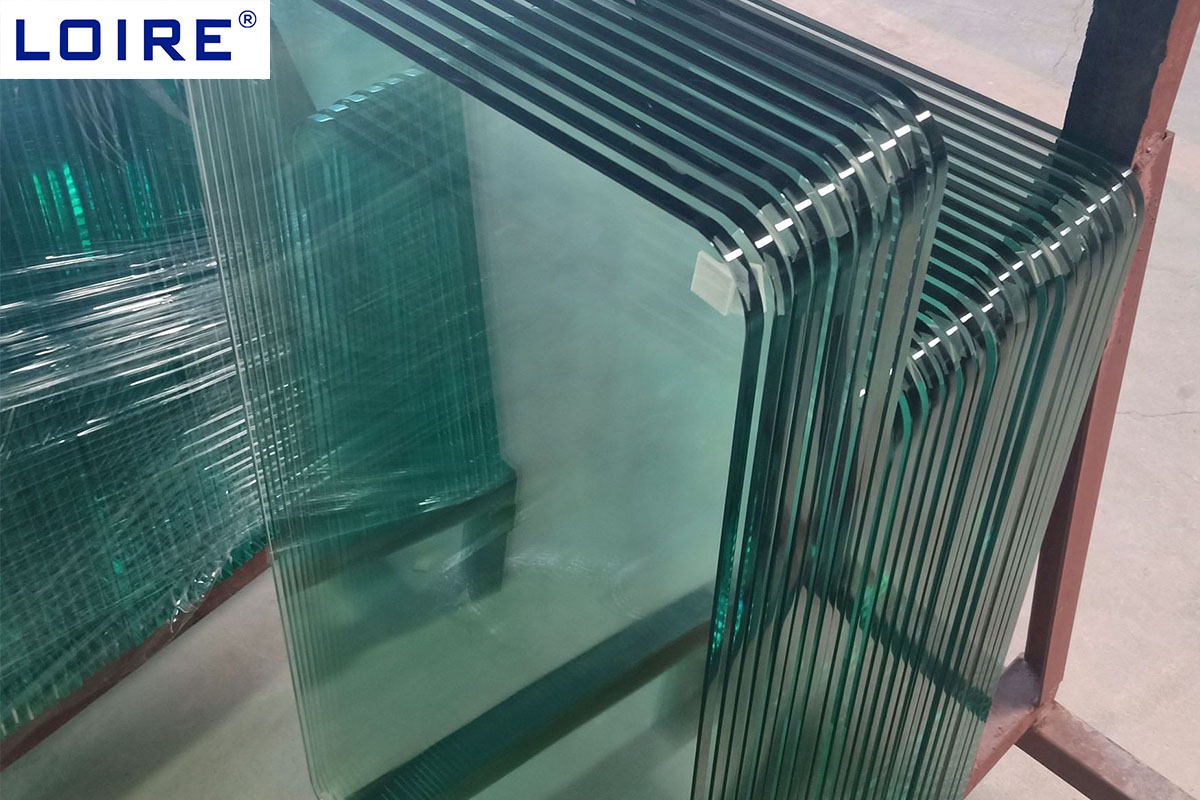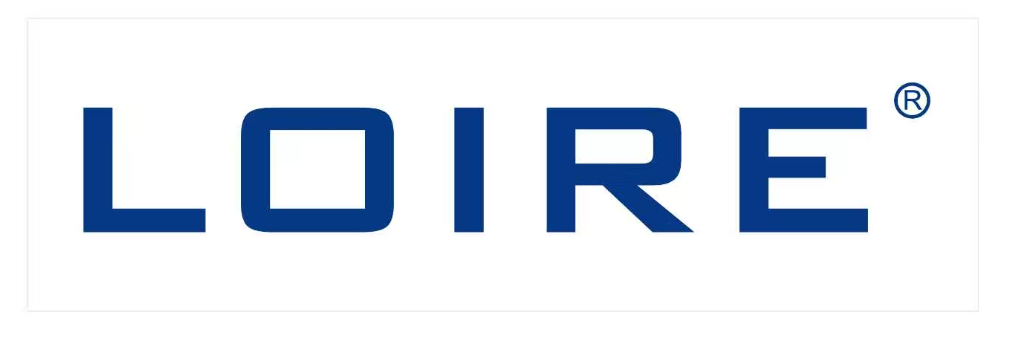The safety concerns or considerations for different types of glass options

When considering selecting different types of glass for shower doors, it is important to understand the safety concerns or considerations related to each type of glass. Here are some key points to remember:
1. Tempered glass:
Tempered glass is the most common and recommended choice for shower doors, as it has enhanced safety features. If damage occurs, tempered glass will break into relatively harmless small pieces instead of sharp ones, thereby reducing the risk of serious injury.
2. Laminated glass:
Laminated glass is bonded by two or more layers of glass with a layer of plastic between them. This structure provides additional security advantages. Even if broken, glass fragments often adhere to the plastic interlayer, thereby reducing the risk of injury caused by splashing glass. Laminated glass improves impact resistance and provides enhanced sound insulation.
3. Frosted or patterned glass:
The frosted or patterned glass option of the shower door provides privacy elements by blocking the view while still allowing light to pass through. It should be noted that the safety of frosted or embossed glass is equivalent to that of ordinary tempered glass or Laminated glass, because frosted or patterned glass is usually applied to the surface of tempered or Laminated glass panels.
4. Low iron glass:
Low iron glass is a type of glass that reduces iron content and has a clearer and more transparent appearance compared to standard glass. Although the low iron glass has no specific safety features, it can be used in combination with the toughened or Laminated glass of the shower door to maintain the required transparency and benefit from the safety features of these options.
When choosing the type of glass for your shower door, give priority to safety by choosing the option of tempered or Laminated glass. Ensure that the glass meets the relevant safety standards and regulations specific to your region. In addition, when making decisions, please consider factors such as privacy needs, maintenance requirements, and aesthetics.






